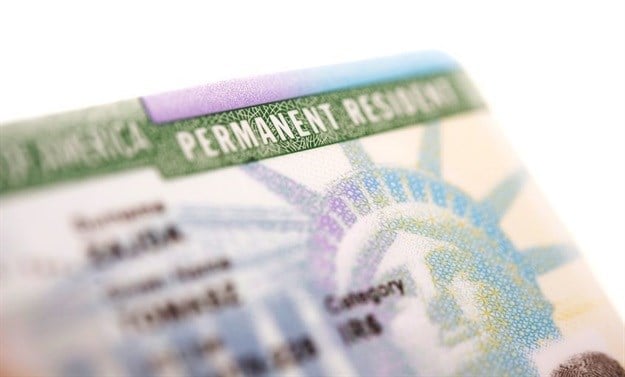
Top stories






More news















Since the release of the White Paper for International Migration in South Africa last year, more and more expatriates are seriously considering applying for Permanent Residency before this category is permanently removed from South African immigration law.
Permanent Residency allows the holder to live and work in South Africa unlimitedly and includes the right to work without restriction, engage in business, own property, study and do all activities a citizen is permitted to do except for voting in the South African elections. You may only do the latter once you have been naturalised as a South African citizen. Permanent Residency in South Africa also allows its holder maximum flexibility with regards to entry and exit through the country’s borders.
Where an expatriate and family hold this status, they no longer need to go through the work and residency visa process and for all practical purposes this means that the employer deals with a normal South African employee.
Permanent Residency is granted to a foreigner who can meet the criteria as set out in Sections 26 and 27 of the Immigration Act of 2002, as amended, and Regulations 23 and 24 respectively.
Section 26 is applicable to foreigners who have been residing in South Africa based on their work visas for a minimum period of five years and is also applicable to spouses and dependents of South African citizens or Permanent Residency permit holders.
Section 27 is applicable to foreigners who are in possession of a permanent work offer in South Africa, have exceptional skills and qualifications, intend to establish a business in South Africa, qualify as refugees, qualify as retired persons, are financially independent, are relatives (biologically or judicially adopted) of a South African citizen or Permanent Residency permit holder or have been in a spousal relationship with a South African citizen for more than five years.
Always keep in mind any adverse tax and exchange control considerations, meaning that whilst Permanent Residency may at first glance appear like a good idea from an entry perspective, from a holistic planning perspective, it may be considered a less favourable choice. This is where holistic consideration becomes important, i.e. the fiscal aspects and tax planning must be considered as part of the service.
Useful Facts: